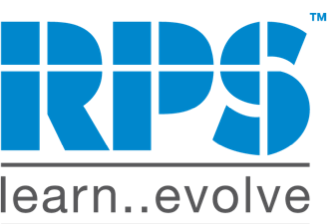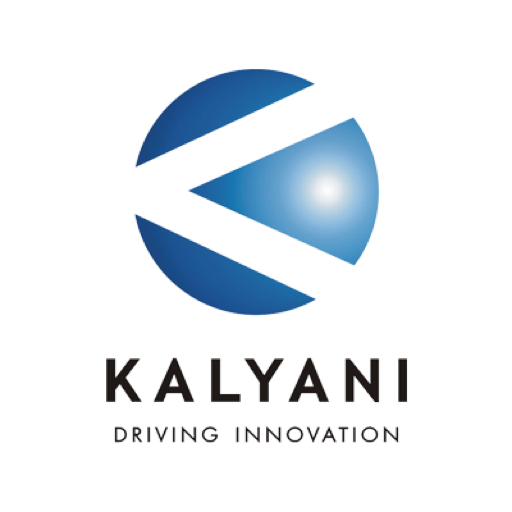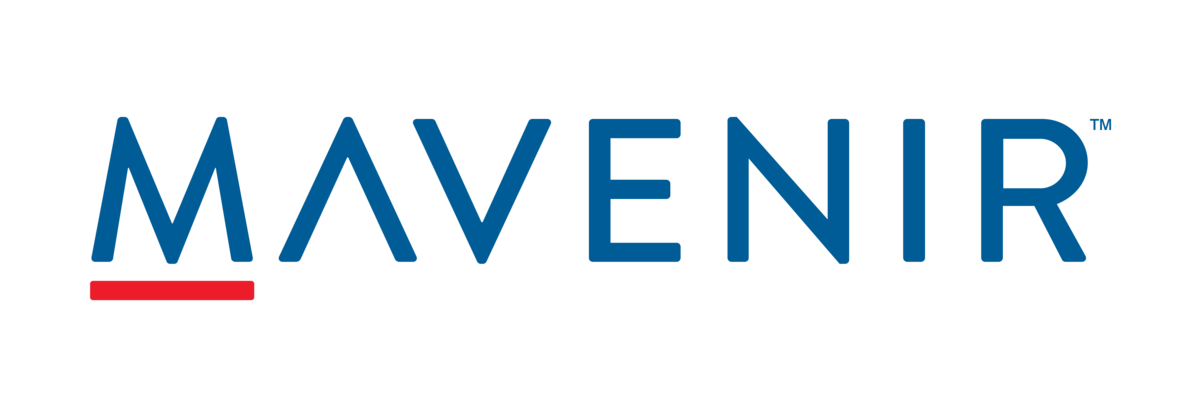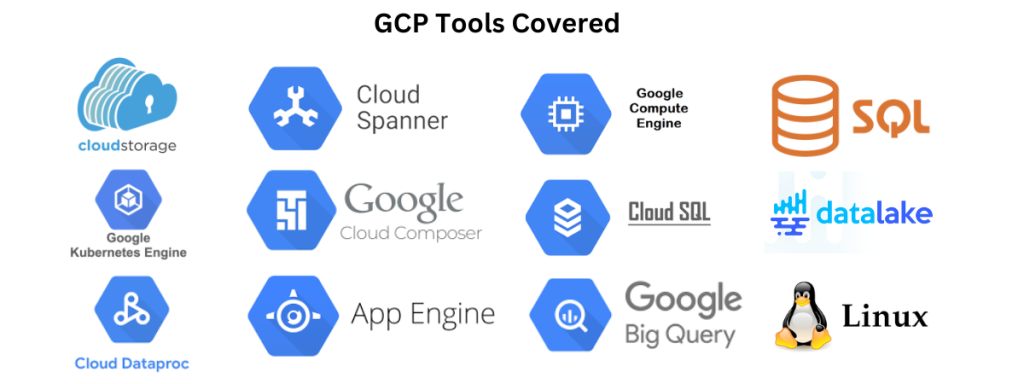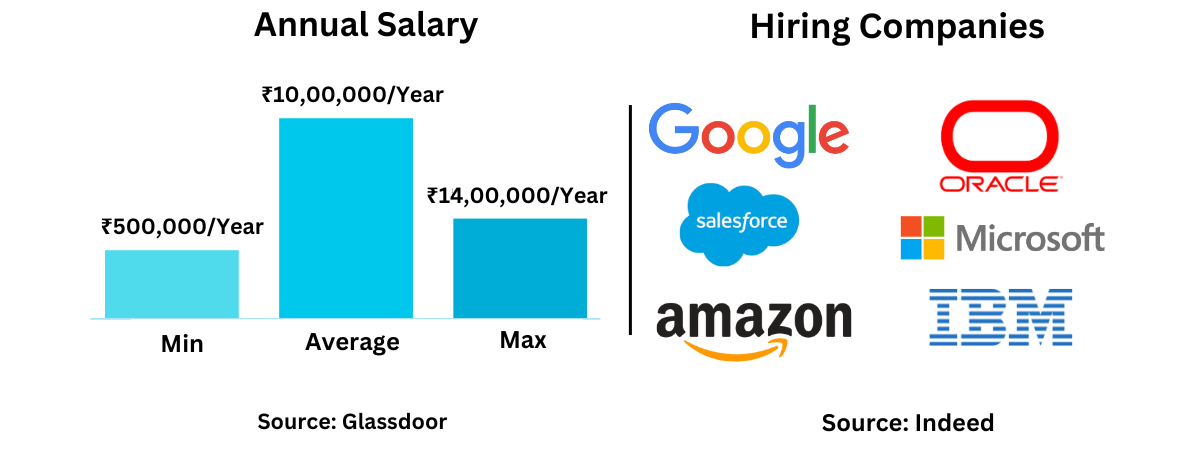We’re the leading organization for best
Big Data Training in Pune providing World-class Advanced course with our Advanced Learning Management system creating expert manpower pool to facilitate global industry requirements. Today, Prwatech has grown to be one of the leading Big Data Training Institute in Pune talent development companies in the world offering learning solutions to Institutions, Corporate Clients and Individuals.
Prwatech, Offering the best Big Data training in Pune will train you towards global certifications by Hortonworks, Cloudera, etc. Our Best Big Data training in Pune will be especially useful for software professionals and engineers with a programming background. PrwaTech offers Big Data Training in Pune with a choice of multiple training locations across Pune. We have the best in the industry certified Experienced Professionals who can guide you Learning Technology from the Beginner to advanced level with our Big data training institute in Pune. Get Pro certification course under 20+ Years of Experienced Professionals with 100% Placement assurance.
Our Big Data Training Institutes in Pune is equipped with exceptional infrastructure and labs. For best Big Data training institutes in Pune come and enroll in any one of these PrwaTech Training centers.
Pre-requisites for Big Data Training in Pune
- Basic knowledge of core Java.
- Basic knowledge of Linux environment will be useful however it’s not essential.
Who Can Enroll at Big Data training center in Pune?
- This course is designed for those who:
- Want to build big data projects using Hadoop and Hadoop Ecosystem components.
- Want to develop Map Reduce programs.
- Want to handle the huge amount of data.
- Have a programming background and wish to take their career to the next level.
Best Big Data Training in Pune
Are you the one who is eagerly glancing for the best Big data Training in Pune with Certification? Or the one who if discovering the best big data course? Or the one who is ready to take the advanced big data training under certified industry experts? Then Prwatech is an Ideal Option for you. We hand outing best
Big Data Training with Certification to all tech enthusiasts who are fancy to take a Big Data Course. Our training institute offering Comprehensive advanced Course for all the students who enrolled with us, so one can get an advanced certification course from certified industry professionals.
